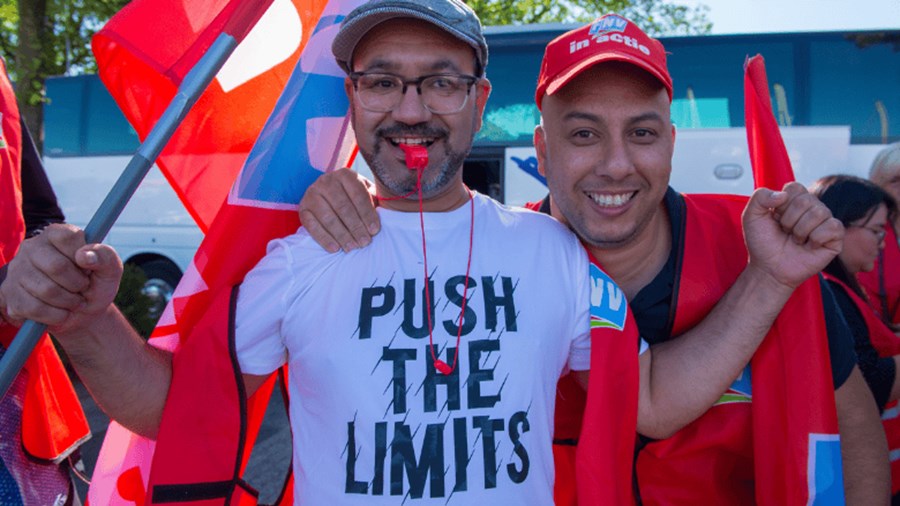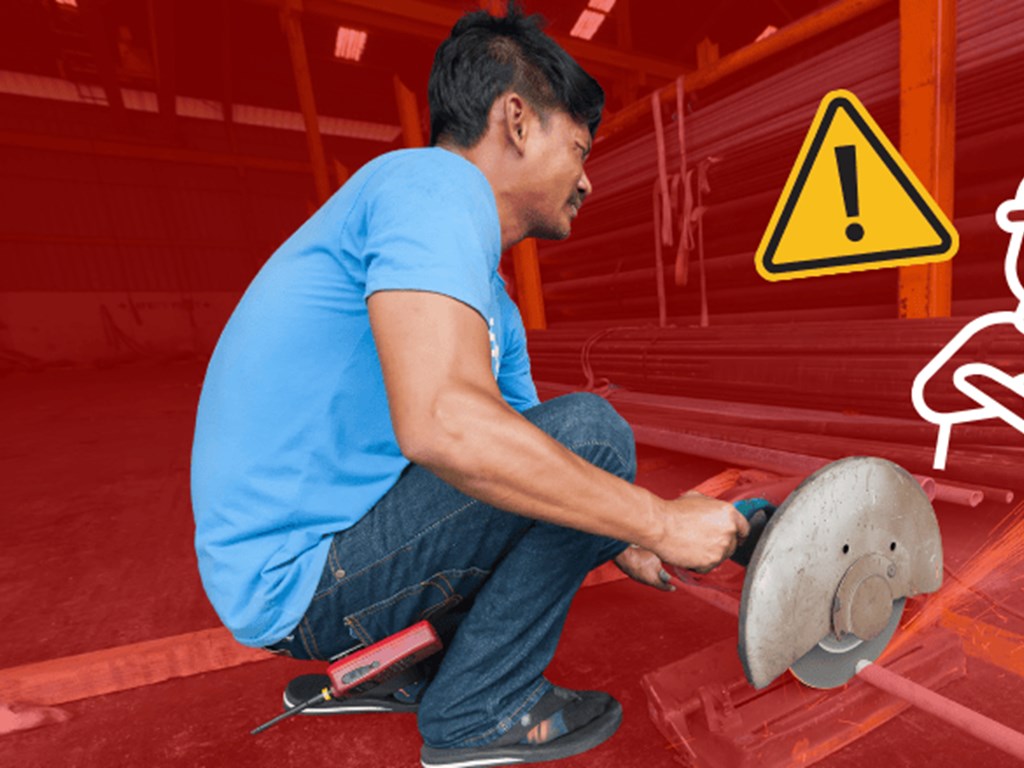Samen sterk
Ben je een internationale medewerker in Nederland? Dan kan het lastig zijn om je rechten te kennen. FNV helpt je daarbij. Wij zorgen dat werkgevers jou eerlijk behandelen: met een goed contract, veilig werk en respect. Samen met jou komen we op voor betere arbeidsvoorwaarden. Alleen ben je kwetsbaar, maar samen staan we sterk.
Over ons
Ben je een internationale medewerker in Nederland? Dan kan het lastig zijn om je rechten te kennen. FNV helpt je daarbij. Wij zorgen dat werkgevers jou eerlijk behandelen: met een goed contract, veilig werk en respect. Samen met jou komen we op voor betere arbeidsvoorwaarden. Alleen ben je kwetsbaar, maar samen staan we sterk.
Over ons



